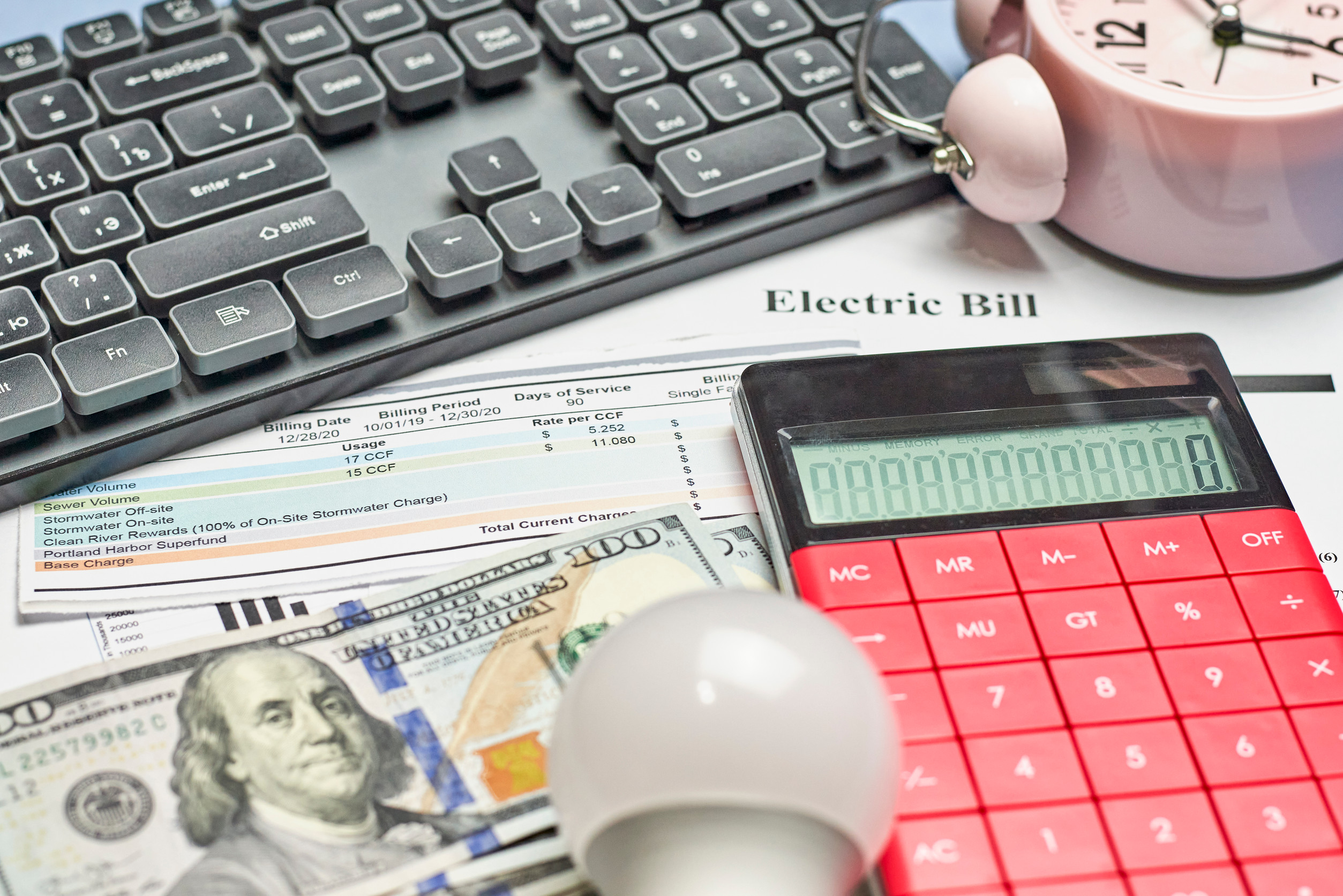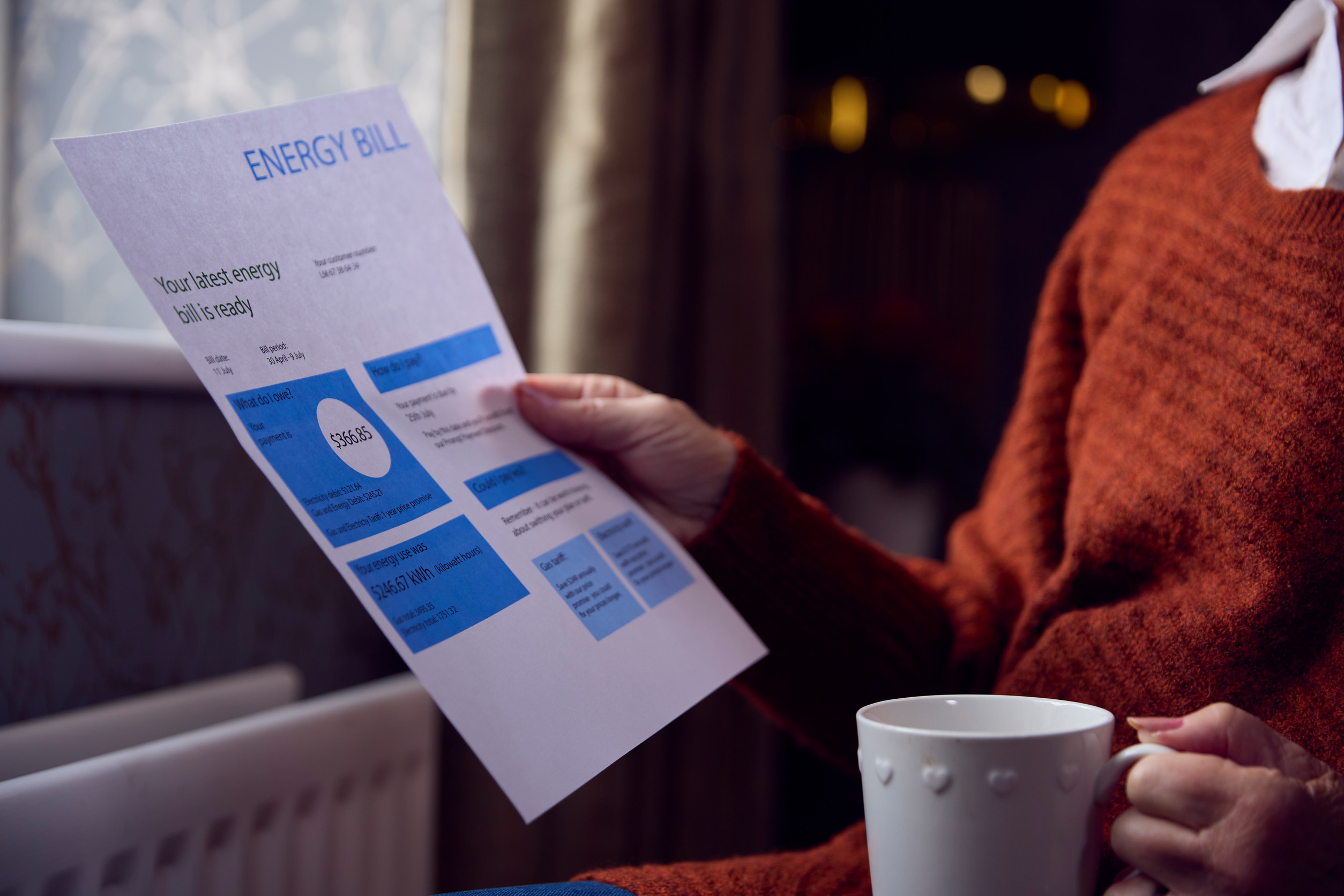
It’s the end of the month. The paycheck is sitting in the bank account. The bills are stacked neatly in the corner (or, more likely, lurking in your inbox). And yet…some people still don’t pay them on time.
Why? Because being late on bills isn’t always about not having the money—it’s about psychology, habits, and sometimes just plain procrastination.
The Procrastination Problem
For many people, paying bills is the ultimate boring chore. It’s right up there with folding laundry or scrubbing the shower. When something feels unpleasant, procrastination kicks in—pushing the task to “tomorrow,” which quickly turns into a week later. The strange thing is, this happens even when people know they have enough money to pay. Delaying a five-minute task is just human nature, especially if there’s no immediate consequence.
The Denial Factor
Bills are a glaring reminder of adult responsibilities, and some people prefer to look the other way. Ignoring them for as long as possible can feel like pushing adulthood back a few days. Psychologically, this creates a temporary sense of relief, even though the bill is still looming. For some, it’s less about the money and more about resisting the stress that comes with parting ways with cash. It’s financial denial in action, and it’s surprisingly common.
The “Due Date Blind Spot”
Another big culprit? Forgetfulness. Even in the age of calendar apps and automatic reminders, people often overlook due dates. Sometimes bills are spread across different platforms—email, paper mail, or app notifications—which makes it easy for one or two to slip through the cracks. Missing a bill doesn’t mean someone is broke—it just means organization isn’t their strong suit. For these folks, late fees feel less like a punishment and more like a random surprise.
The Thrill of the Deadline
Strange as it sounds, some people actually thrive on the adrenaline rush of doing things at the last second. Paying bills late—or right on the edge of late—gives them that “beat the buzzer” satisfaction. It’s the same reason some students write essays the night before they’re due, despite having weeks to do them. The pressure becomes a motivator. Unfortunately, when it comes to bills, this habit can backfire with penalties and dinged credit scores.
The Prioritization Shuffle
Not all bills feel equally important in the minds of late payers. Rent or mortgage? Top of the list. Internet or streaming subscriptions? Maybe they can wait a bit. People with money in the bank sometimes prioritize based on what feels urgent or valuable, rather than by the official due date. This mental ranking system creates a situation where some bills get paid late, even when the funds are available. It’s less financial irresponsibility and more about personal logic at play.
The Fear of Account Depletion
Here’s a funny twist: some people pay late because they don’t like seeing their bank balance drop. Even if they know the bill has to be paid, keeping the money in their account for a few extra days feels comforting. Watching the balance shrink can cause unnecessary stress, so they delay payments as long as possible. It’s an emotional security blanket, not a financial strategy. To them, holding onto cash—even briefly—feels better than sending it off early.
The Overconfidence Effect
Many late bill payers think they can outsmart the system. They know the exact grace period, the last possible day to pay, and sometimes even rely on leniency from the company. This overconfidence leads to a risky game of “I’ll pay it later, I’ve got time.” Of course, all it takes is one slip-up—like forgetting the weekend pushes the date forward—for things to go south. It’s not about lacking money; it’s about assuming they’ll never miss the mark.

The Habit Loop
Late payments can also become a cycle. Once someone pays late once and survives with only a small fee, it lowers the mental barrier for doing it again. Over time, this becomes a habit, and habits are hard to break. The brain starts to associate bill-paying with delay, not promptness. Even with plenty of money in the account, the pattern is ingrained and repeats itself month after month.
The Emotional Disconnect
Paying bills isn’t exactly rewarding—it feels like money disappearing into the void. There’s no instant gratification, no exciting purchase, no fun reward. This lack of emotional payoff makes people push it off. In contrast, spending money on dinner with friends or a new gadget feels immediately satisfying. So, bills get shoved to the bottom of the priority pile, even when paying them late only causes future headaches.
More Than Just Money
Paying bills late when you have money isn’t about being careless—it’s about psychology, habits, and human quirks. From procrastination and denial to emotional avoidance and prioritization games, the reasons run deeper than most people expect. The good news? Awareness is the first step to breaking the cycle. If you or someone you know struggles with this, remember: tools like autopay, reminders, or reframing bill-paying as a win (instead of a loss) can help.
Have you ever delayed paying a bill even when your bank balance was fine? Share your stories, thoughts, or tips in the comments below.
You May Also Like…
8 Surprising Fees Built Into Everyday Bills
Could Emergency Room Bills Be Higher Simply Because of Zip Code?
10 Bills That Can Be Sent to Your Estate Without You Knowing
6 Outrageous Utility Fees That Nobody Talks About
10 Ways You Would NEVER Guess Companies Are Quietly Raising Your Bills
The post Why Do Some People Pay Bills Late Even When They Have Money appeared first on Everybody Loves Your Money.







